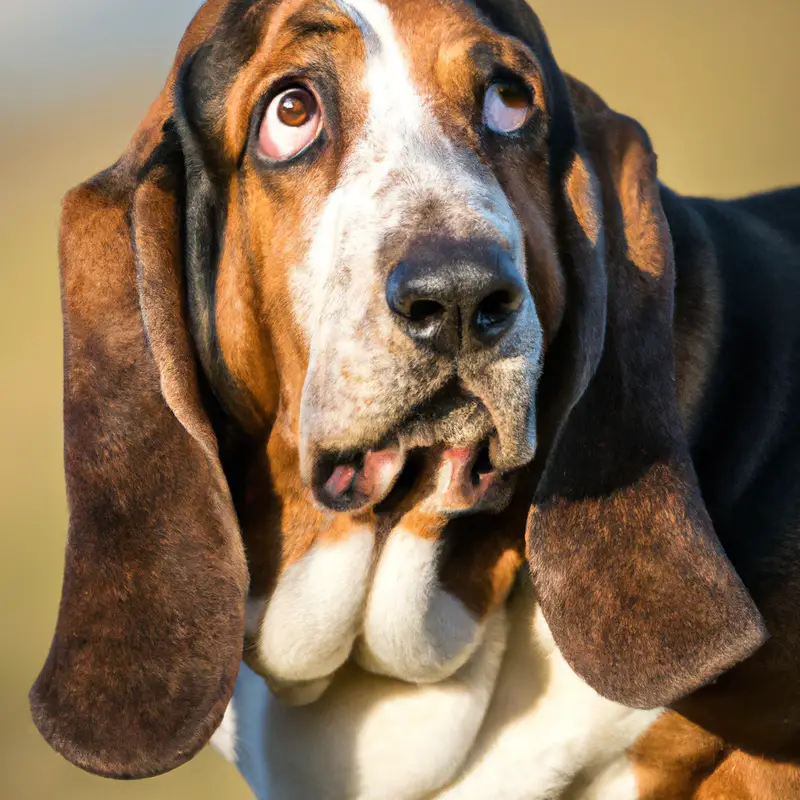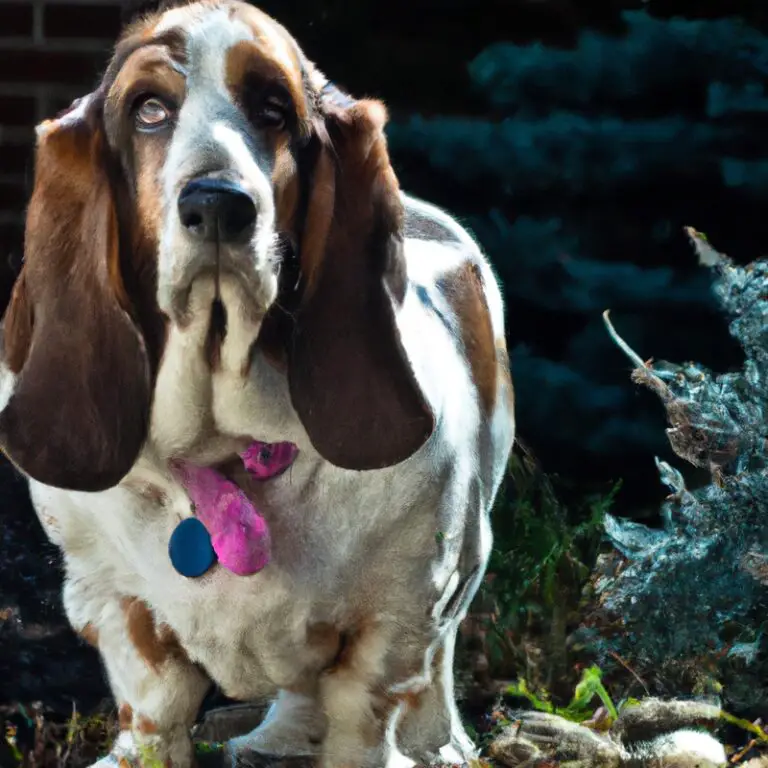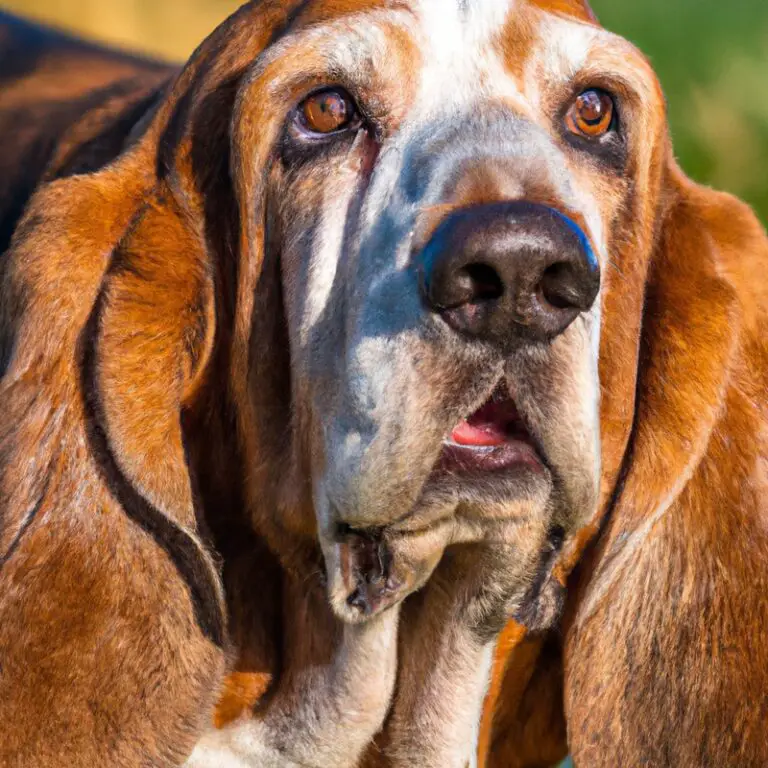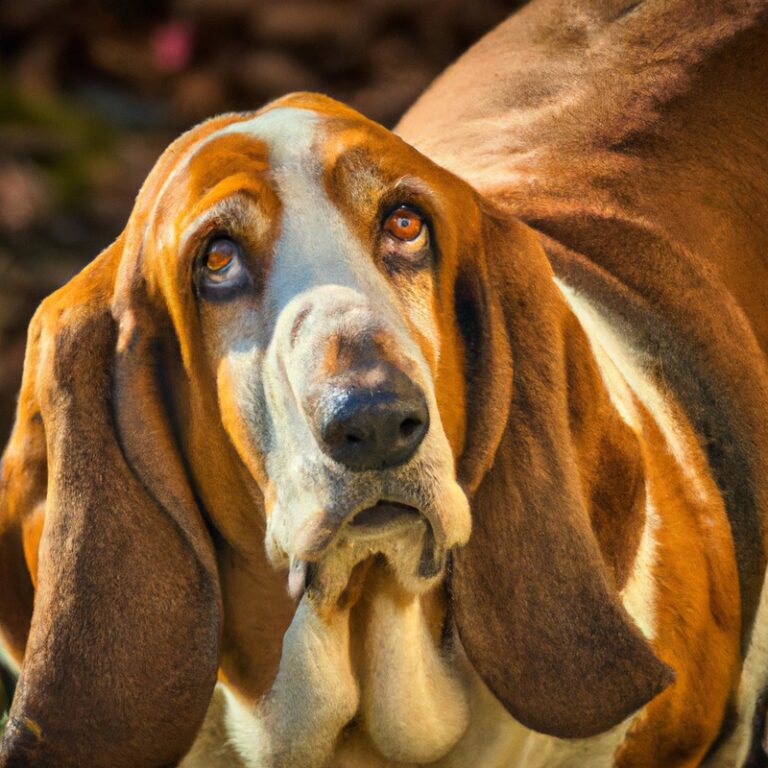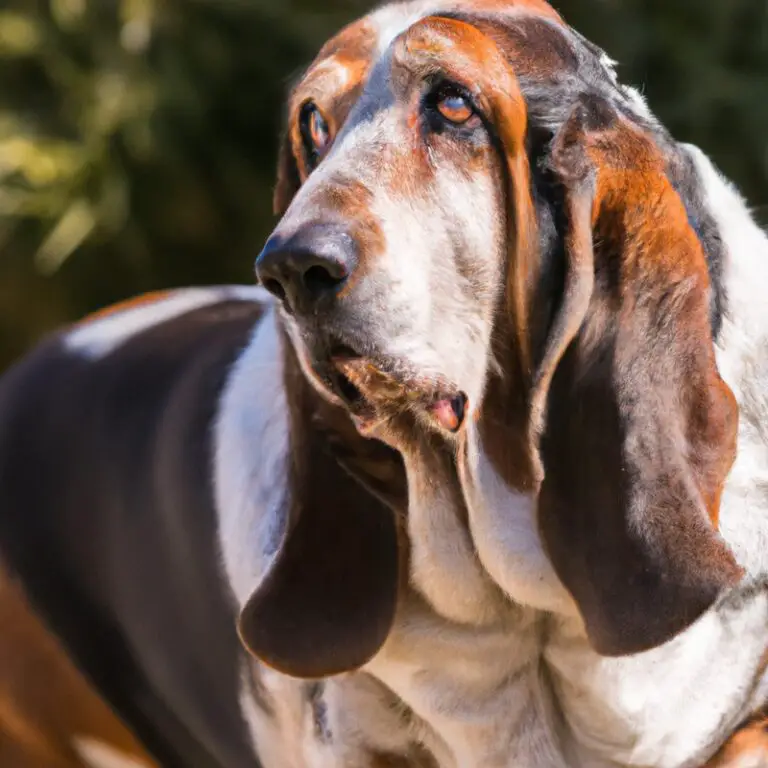Are Basset Hounds Prone To Excessive Growling?
Key Takeaways:
- Basset Hounds can exhibit excessive growling tendencies.
- This behavior may be linked to their territorial instincts.
- Training and socialization can help minimize growling in Basset Hounds.
- Owners should consult with a professional if excessive growling persists.
Do you ever find yourself wondering why your Basset Hound seems to have a knack for growling at every little thing?
Well, you’re not alone! As a dog lover and expert, I’ve encountered countless Basset Hound owners who have had similar experiences.
In this article, we’ll delve into the fascinating world of Basset Hounds and explore the reasons behind their penchant for growling.
From understanding their unique characteristics to uncovering potential health issues, we’ll leave no stone unturned.
So, if you’re ready to gain a deeper understanding of your furry friend’s behavior, let’s dive in!
| Yes | No | |
| Are Basset Hounds prone to excessive growling? | Yes | No |
Understanding Basset Hounds
Characteristics of Basset Hounds
Basset Hounds are known for their distinctive appearance, with short legs and long ears.
They have a calm and gentle temperament, making them great family pets.
Bassets are often described as friendly and laid-back, getting along well with children and other animals.
They have a strong sense of smell and love to follow scents, which may lead to stubbornness at times.
Bassets have a deep, resonant bark, but excessive growling is not a common characteristic of the breed.
Normal vocalizations in Basset Hounds
Basset Hounds are vocal dogs and tend to make a variety of sounds.
Here are some normal vocalizations you can expect from your Basset Hound:
- Barking: Basset Hounds have a deep, booming bark that they use to alert their owners or to communicate with other animals.
- Howling: These dogs are known for their melodious howls, which they often use to express their emotions or respond to certain sounds.
- Whining: Basset Hounds may whine when they want attention, are excited, or are feeling anxious or unsure.
- Growling: While growling can sometimes be a sign of aggression in other breeds, Basset Hounds may use it as a form of communication or play. It’s usually a low, rumbling sound.
- Baying: Basset Hounds have a unique vocalization called baying, which is a mix of barking and howling. They often use this sound when they are tracking scents or to communicate with other hounds.
It’s important to remember that each Basset Hound is unique, so their vocalizations may vary.
Understanding their normal vocalizations will help you better communicate with and care for your furry friend.
Why do dogs growl?
Common reasons for growling in dogs
Dogs can growl for various reasons, and it’s essential to understand these to properly address the behavior.
Here are some common reasons for growling in dogs:
- Fear or aggression: Growling can be a response to feeling threatened or insecure. Dogs may growl to warn potential threats or to defend themselves.
- Resource guarding: Dogs may growl when they feel possessive over their food, toys, or personal space. It’s their way of saying, “Back off, this is mine!”
- Pain or discomfort: Dogs in pain or discomfort may growl to communicate their distress. It’s their way of letting us know that something is wrong.
- Lack of socialization: Dogs that haven’t been properly socialized may exhibit growling as a defensive response when faced with unfamiliar people or situations.
- Stress or anxiety: Like humans, dogs can experience stress and anxiety. Growling may be their way of expressing their discomfort or agitation in certain situations.
Understanding why a dog is growling is crucial for effective training and management.
If you notice excessive or concerning growling behavior, it’s important to seek guidance from a professional dog trainer or behaviorist for further assistance.
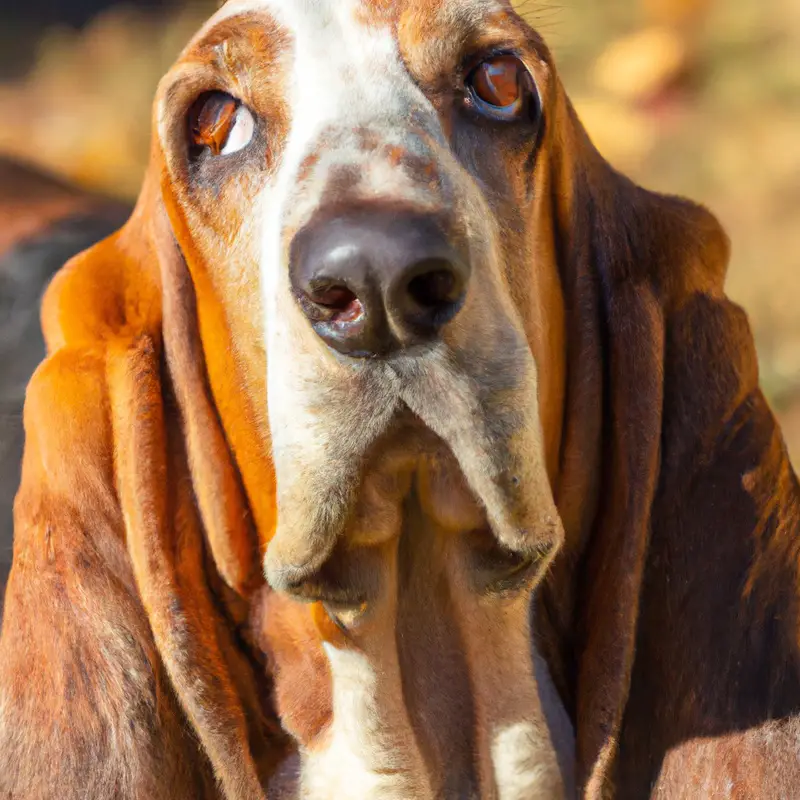
Canine communication and growling
Canine communication is complex, and growling is one way dogs express themselves.
Growling in dogs can serve various purposes, such as conveying discomfort, fear, or territorial behavior.
It’s essential to understand that growling is a form of communication and should be interpreted as a warning sign.
Dogs growl when they are feeling threatened or to establish boundaries.
It’s crucial to recognize and respect their communication so that we can better understand and address their needs and emotions.
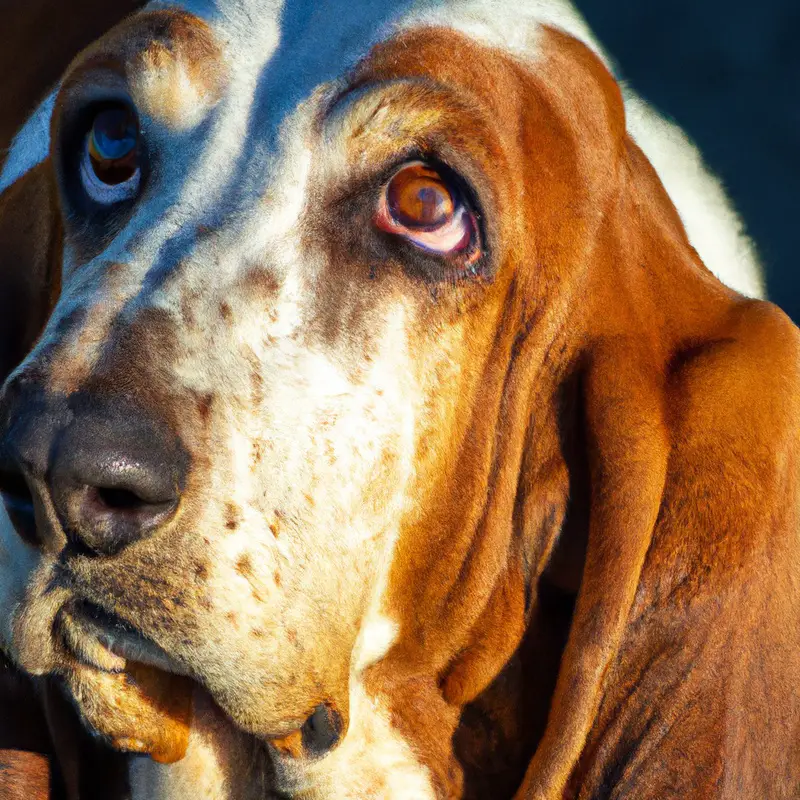
Growling in Basset Hounds
Potential reasons for excessive growling in Basset Hounds
Basset Hounds may exhibit excessive growling due to a variety of reasons.
One potential cause is fear or anxiety, which can trigger defensive behaviors such as growling.
Bassets are also known for their protective instincts, so they may growl when they perceive a threat to their family or territory.
Additionally, boredom or frustration can lead to excessive vocalizations, including growling.
It is important to understand the underlying cause and address it appropriately to help manage and reduce excessive growling in Basset Hounds.
Health issues and growling in Basset Hounds
Health issues can sometimes be a contributing factor to excessive growling in Basset Hounds. Pain or discomfort caused by underlying health problems can make them more irritable and prone to growling.
Some potential health issues that could lead to increased growling include joint pain, ear infections, dental problems, and skin allergies.
It’s important to monitor your Basset Hound’s health regularly and seek veterinary attention if you suspect any issues. Regular check-ups and addressing any health concerns can help mitigate excessive growling in Basset Hounds.
Managing excessive growling in Basset Hounds
Training and socializing Basset Hounds
Training and socializing Basset Hounds is essential for their well-being.
Consistent and positive reinforcement training methods work best for these intelligent and stubborn dogs.
Providing mental stimulation, obedience training, and socialization from a young age can help prevent behavior problems and improve their social skills.
It’s important to expose them to different environments, people, and other animals to help them become well-rounded and confident individuals.
Regular exercise and playtime are also important for their physical and mental health.
With patience and consistency, you can raise a happy and well-behaved Basset Hound companion.
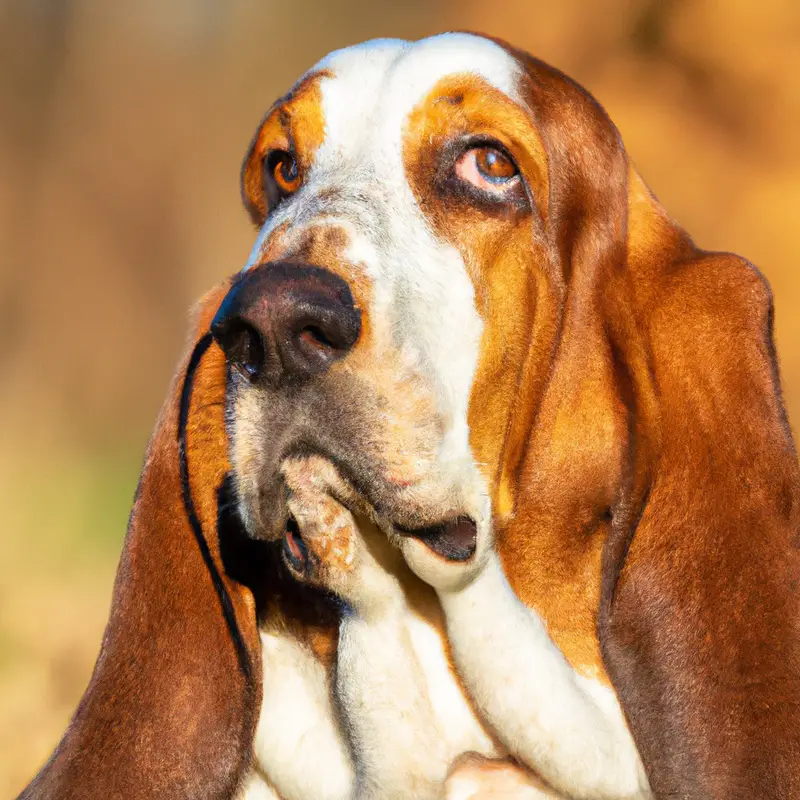
Seeking professional help
If you’re dealing with excessive growling in your Basset Hound and finding it difficult to manage on your own, seeking professional help is a great option.
There are dog trainers and behaviorists who specialize in understanding canine behavior and can provide guidance tailored to your specific situation.
They can assess your dog’s behavior, identify the underlying causes of the excessive growling, and design a training plan to address the issue.
A professional can also help you better understand your Basset Hound’s needs and improve your bond with them.
Don’t hesitate to reach out for expert assistance in managing your dog’s growling behavior.
Final Verdict
Basset Hounds can indeed be prone to excessive growling, but it is important to understand the underlying reasons behind this behavior.
While Basset Hounds are known for their calm and gentle nature, excessive growling may indicate various issues such as fear, aggression, territoriality, or even health problems.
It is crucial for owners to properly train and socialize their Basset Hounds from a young age and seek professional help if needed.
By addressing the root causes, managing excessive growling in these lovable dogs can be achieved, leading to a harmonious and peaceful environment for both the dog and its human companions.

